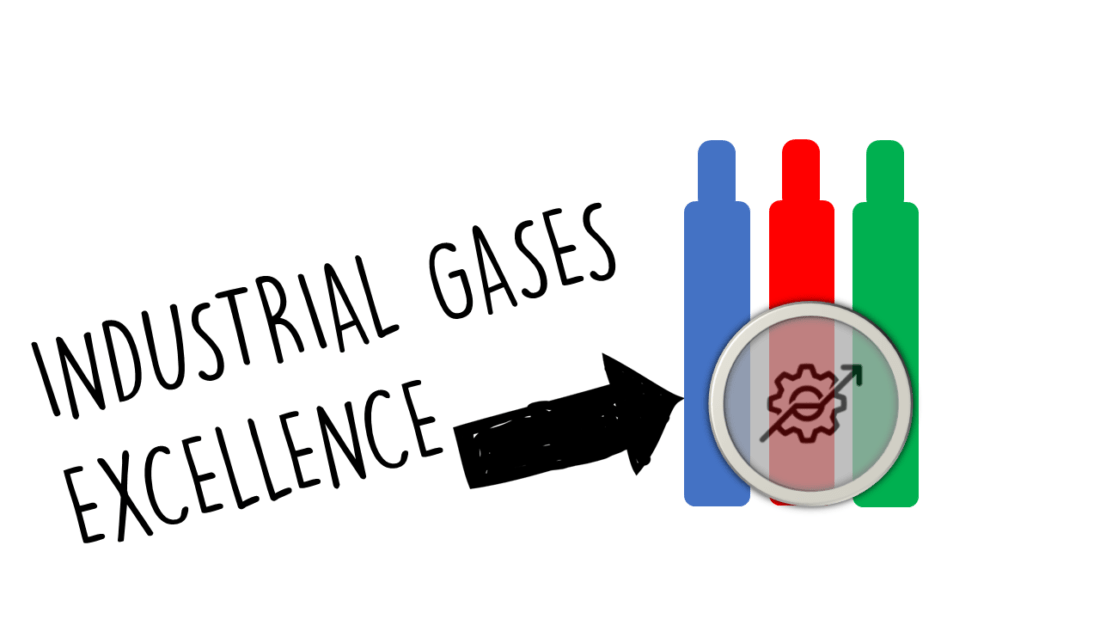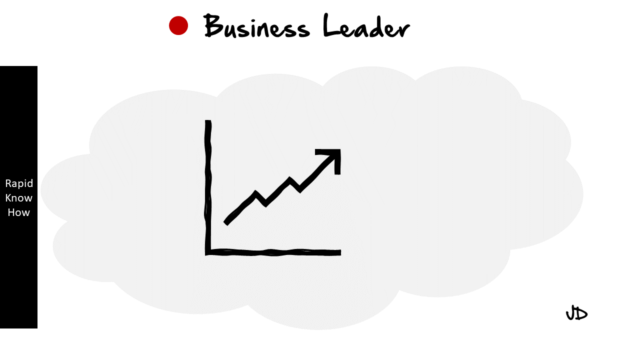Problem:
The industrial gas sector, a critical component of various industries, including healthcare, food and beverage, and manufacturing, has been experiencing significant financial challenges. The industry’s financial health is often under scrutiny due to fluctuating market conditions, regulatory changes, and increasing competition. One of the most pressing issues is managing the cash flow cycle efficiently. Mismanagement of cash flow can lead to liquidity problems, affecting the company’s ability to meet its obligations and invest in growth opportunities.
Impact:
The cash flow cycle in the industrial gas sector is complex due to the nature of its operations. It involves substantial capital expenditure for setting up plants and machinery, high operating costs for production and distribution, and extended credit terms for customers. This often results in a longer cash conversion cycle, tying up funds that could otherwise be used for business expansion or debt reduction.
Moreover, the industry’s cyclical nature adds another layer of complexity to cash flow management. During periods of economic downturn, demand for industrial gases may decrease, leading to lower revenues and tighter cash flows. On the other hand, during periods of economic growth, companies may struggle to ramp up production quickly enough to meet increased demand, potentially missing out on revenue opportunities.
Solution:
To address these challenges, industrial gas companies need to adopt robust financial management strategies that optimize their cash flow cycle. This includes implementing efficient inventory management practices to reduce holding costs and improve turnover rates; negotiating better payment terms with suppliers to extend payables period; offering early payment discounts or tightening credit terms to encourage faster payment from customers; and leveraging technology to automate and streamline financial processes.
Case Study:
Consider the case of Company X, a leading player in the industrial gas sector. In 2018, the company faced significant cash flow challenges due to high capital expenditure and extended receivables period. To address this issue, Company X implemented a comprehensive financial management strategy.
Firstly, they invested in advanced inventory management systems that helped reduce stock levels while ensuring sufficient supply to meet customer demand. This resulted in lower storage costs and faster inventory turnover.
Secondly, they renegotiated contracts with key suppliers to extend their payables period without compromising on supply quality or reliability.
Thirdly, they introduced early payment discounts for customers which incentivized prompt payments thereby reducing their receivables period.
Lastly, they leveraged digital technologies like AI and machine learning for predictive analysis of market trends which helped them better manage production levels in line with demand fluctuations.
As a result of these measures, Company X was able to significantly improve its cash flow position within a year. Their experience serves as an excellent example for other players in the industrial gas sector on how effective financial management strategies can help optimize the cash flow cycle even amidst challenging market conditions.
In conclusion:
The financial health of an industrial gas company is heavily influenced by its ability to manage its cash flow cycle effectively. By adopting strategic measures like efficient inventory management practices; renegotiating supplier contracts; incentivizing customer payments; and leveraging technology for financial process automation; companies can navigate through financial challenges more effectively while setting themselves up for sustainable growth.




